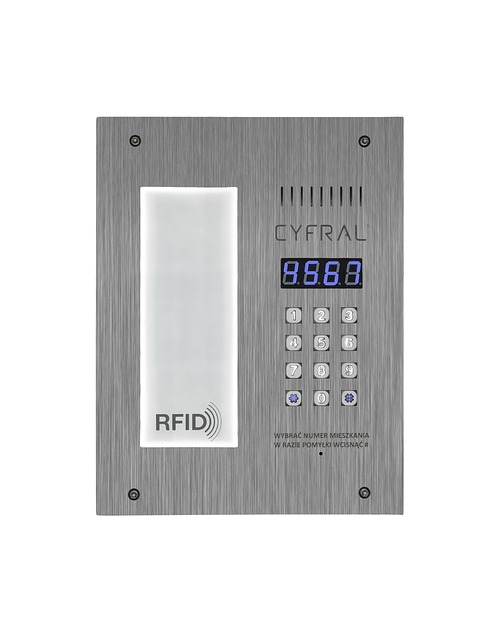In competitive real estate market, income verification is key for secure transactions, risk mitigation, and trust building among agents, investors, lenders, and property managers. Online tools streamline processes, ensuring accuracy, reducing fraud, and speeding up sales or rental agreements through encrypted data transmission and secure document sharing.
In the dynamic world of real estate, verifying a prospective buyer’s income and employment stability is paramount. This crucial step ensures responsible lending and mitigates risk for both lenders and sellers. Understanding the significance of accurate income verification, knowing what documents to request, and leveraging digital tools can streamline this process, fostering trust and transparency in transactions. By adhering to these practices, real estate professionals can navigate with confidence in an increasingly competitive market.
Understand the Importance of Income Verification in Real Estate

In the competitive world of real estate, understanding a client’s financial stability is paramount for both agents and investors. Income verification plays a pivotal role in ensuring secure transactions and gauging a buyer or tenant’s ability to meet financial obligations. By delving into an individual’s earnings and employment history, professionals in the industry can make informed decisions, mitigate risks, and offer tailored advice.
This process is especially crucial when dealing with substantial property investments. Real estate transactions often require significant down payments and ongoing financial commitments. Therefore, verifying income allows agents to assess a client’s affordability, potential for default, and long-term financial viability. It’s a critical step in navigating the intricate landscape of real estate, fostering trust between stakeholders, and ultimately facilitating smoother sales or rental agreements.
Gather Required Documentation for Employment Stability Check

When verifying income and employment stability in the real estate sector, it’s crucial to gather relevant documentation. This typically includes pay stubs or W-2 forms from the past few years, showing consistent earnings. Additionally, employers can provide letters of employment that detail the client’s position, tenure, and responsibilities. For self-employed individuals or contractors, tax returns or 1099 forms serve as proof of income and work history.
These documents offer a comprehensive view of a prospective buyer or tenant’s financial stability, which is essential for real estate transactions. Lenders and property managers often require such paperwork to assess the risk associated with extending credit or renting properties, ensuring both parties are protected.
Utilize Digital Tools for Efficient Income and Employment Verification

In today’s digital era, real estate professionals can leverage various online tools to streamline income and employment verification processes. These platforms often employ advanced algorithms and data cross-referencing to ensure accurate information, saving time and effort for both agents and clients. With just a few clicks, lenders, buyers, and sellers can gain instant access to financial records, reducing the risk of fraud and speeding up transactions.
Digital tools not only offer convenience but also enhance security through encrypted data transmission and secure document sharing. This advanced technology enables real estate stakeholders to navigate the complex landscape of income verification with confidence, ensuring a smoother process from application to closing.






